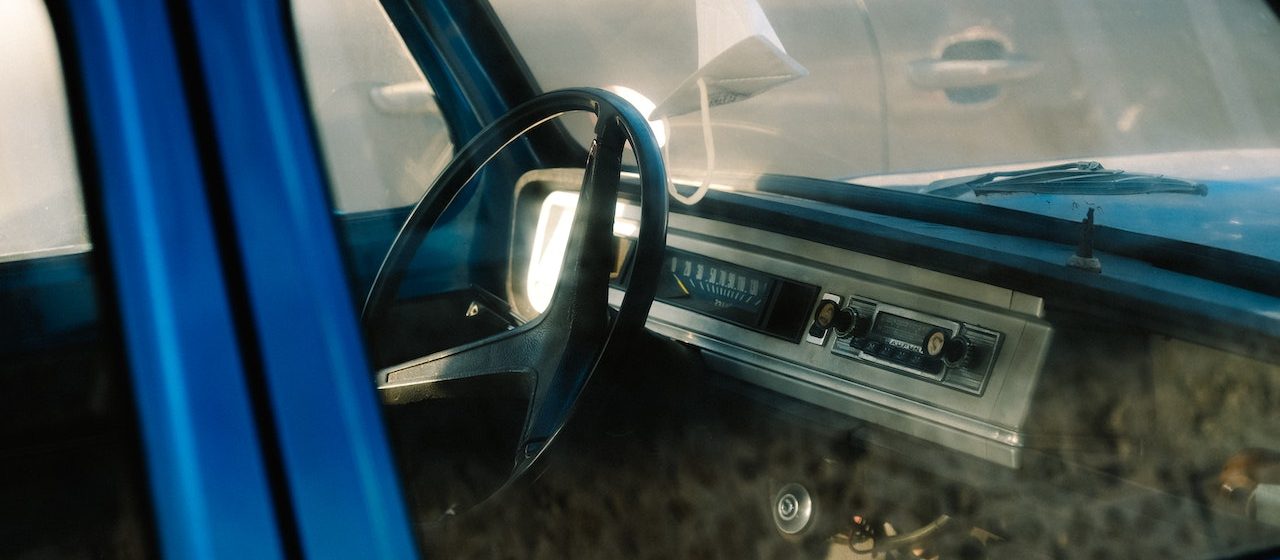What Is a VIN?

Photo by Mathias Reding under Pexels License
Know What This Vehicle Code Means!
Congratulations on becoming a proud new car owner! As you embark on this exciting journey, get ready to explore a whole new world of automotive terminology. One term that might puzzle you is VIN. You might have already encountered this mysterious combination of letters and numbers, wondering what it means and why it’s essential to know.
Breast Cancer Car Donations unravels the mystery behind the VIN and sheds light on its significance in the automotive world.
What Exactly Is a VIN?
The Vehicle Identification Number (VIN) is a unique code assigned to every vehicle manufactured since 1981. The VIN serves as a vehicle identification card, providing information about its history and attributes, such as its make, model, year of production, and more.
Think of it as your car’s fingerprint or DNA. Since the VIN is a crucial identifier, you’ll need it in various situations, including your vehicle’s registration, insurance claims, and recalls. Understanding the VIN empowers you as a car owner to make informed decisions and ensure your vehicle’s safety and reliability.
One of the most valuable aspects of the VIN is its ability to reveal a vehicle’s history. Various online services provide vehicle history reports using the VIN as a reference. These reports can uncover vital information, including previous accidents, title transfers, odometer readings, and maintenance records. If you plan to purchase a used car, obtaining a vehicle history report ensures you’re not inheriting hidden issues.
How to Decode the VIN
Have you ever stared at the 17 characters of your car’s VIN and wondered what they all mean? Let’s break them down:
- Country and Manufacturer
The VIN’s first three characters indicate the country of origin and the vehicle’s manufacturer. Each country has its unique code, and manufacturers are assigned specific digits.
For example, a VIN starting with “1” means the vehicle was made in the United States. “J” represents Japan, “W” represents Germany, and so on. This portion of the VIN tells you where your vehicle was made and the company responsible for its creation.
- Vehicle Attributes
The fourth to eighth characters provide detailed information about the vehicle’s attributes. These characters disclose important features, including the engine type, body, style, and restraint system. Decoding this section allows you to uncover specifics about your vehicle that contribute to its performance and functionality.
For instance, you can learn whether your car has a V6 or a four-cylinder engine, if it’s a sedan or an SUV, and whether it’s equipped with advanced safety features such as airbags and seatbelts.
- Model Year
The VIN’s ninth character represents the year the vehicle was manufactured. It can be a letter or a number denoting a specific year code. Moreover, the VIN’s model year doesn’t necessarily match the calendar year because it follows a standardized system established by the automotive industry.
For example, the letter “A” might represent the year 1980, “B” for 1981, and so on. Since this character helps you determine your vehicle’s age, you’ll need it when considering its value, maintenance needs, and compatibility with certain parts.
Do You Have an Unwanted Vehicle?
As you delve into the details and history of your vehicle using its VIN, take a moment to consider the plight of uninsured and underserved breast cancer patients in your local community.
Battling breast cancer is an immense challenge for anyone, but it becomes even more daunting for those with limited financial means. In addition to enduring the physical and emotional burdens of the disease, these patients face the added hurdle of struggling to afford the exorbitant costs associated with breast cancer treatment.
You can make a difference in their lives by donating your unwanted vehicle to us at Breast Cancer Car Donations. By doing so, you’ll transform that vehicle into a powerful life-saving tool for indigent breast cancer patients in your community.
Our dedicated team will auction your car, and the proceeds will go directly to our charity partners who are on the front lines of the fight against breast cancer. These IRS-certified 501(c)(3) nonprofit organizations use the funding we provide them to offer financial assistance to uninsured and underprivileged breast cancer patients. This assistance covers the expenses associated with treatments, doctor consultations, hospital fees, medications, follow-up care, and other crucial healthcare services.
Additionally, our charity partners ensure that individuals in need have easy access to local healthcare facilities for free breast cancer screening and diagnosis. They also provide essential follow-up care for breast cancer survivors. These charities likewise use the funding to promote breast cancer awareness, prevention, education, and counseling services for the general public.
As a token of our gratitude for your charitable contribution, we offer free pickup and towing services anywhere in the country, at a date and time convenient for you. Furthermore, your donation entitles you to claim the maximum tax deduction in the next tax season.
Most importantly, by making this extraordinary contribution, you’ll experience the satisfaction of knowing that you’ll be helping save the lives of struggling breast cancer patients in your area.
We accept nearly all types of vehicles, regardless of their age or condition. Visit this page to discover what other items you can donate besides cars.
For more information about our donation program, including our quick and convenient donation process, please visit our FAQs page. If you have any questions or concerns, don’t hesitate to contact us through our 24/7 toll-free hotline at 866-540-5069 or by writing to us here.

Photo by Anna Shvets under Pexels License
Be a Part of the Solution Today!
Together, we can alleviate the burdens faced by disadvantaged breast cancer patients. Your car donation can uplift their spirits and offer them hope. Call Breast Cancer Car Donations at 866-540-5069 or fill out our secure online donation form now!
Last Updated: February 5th, 2024
